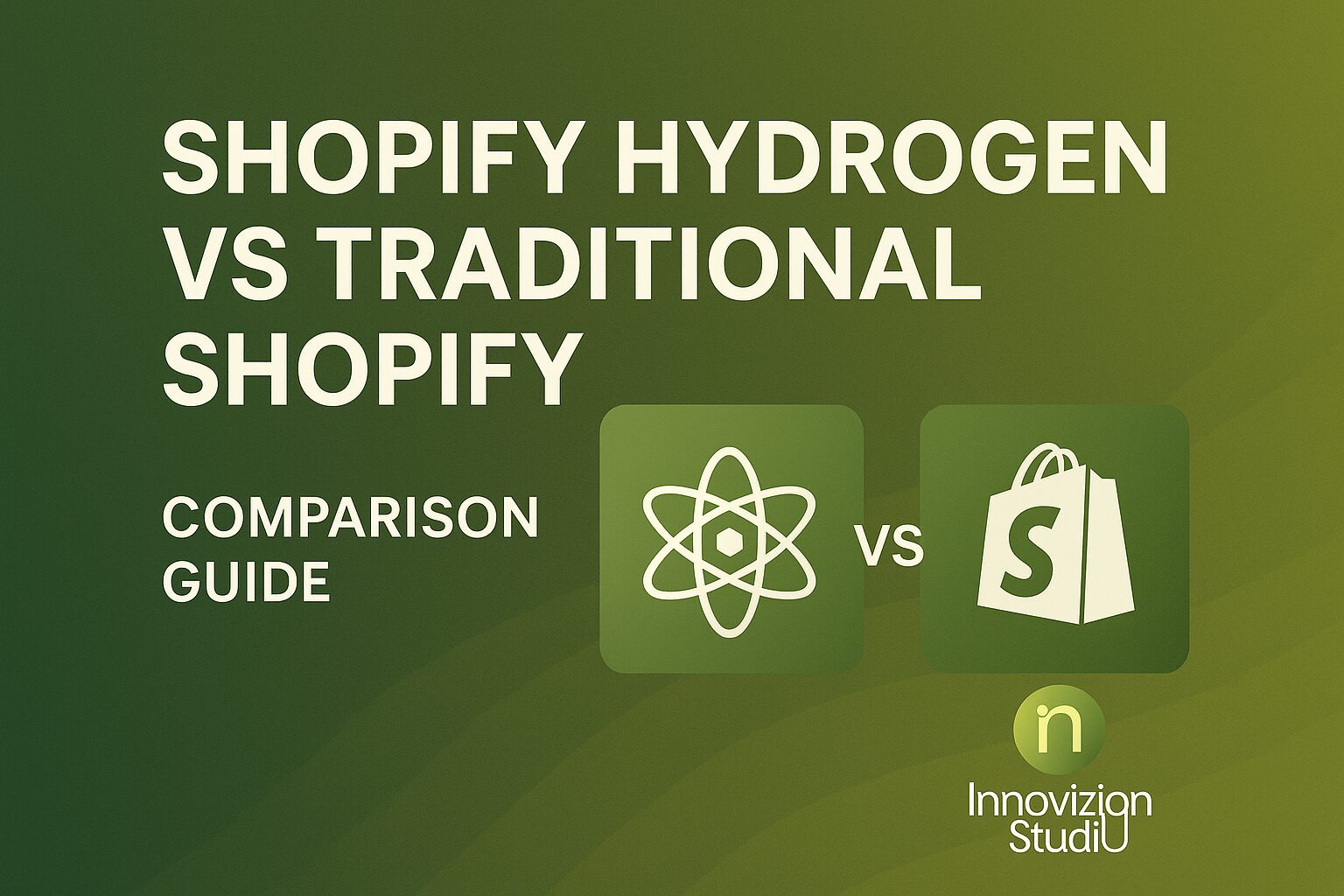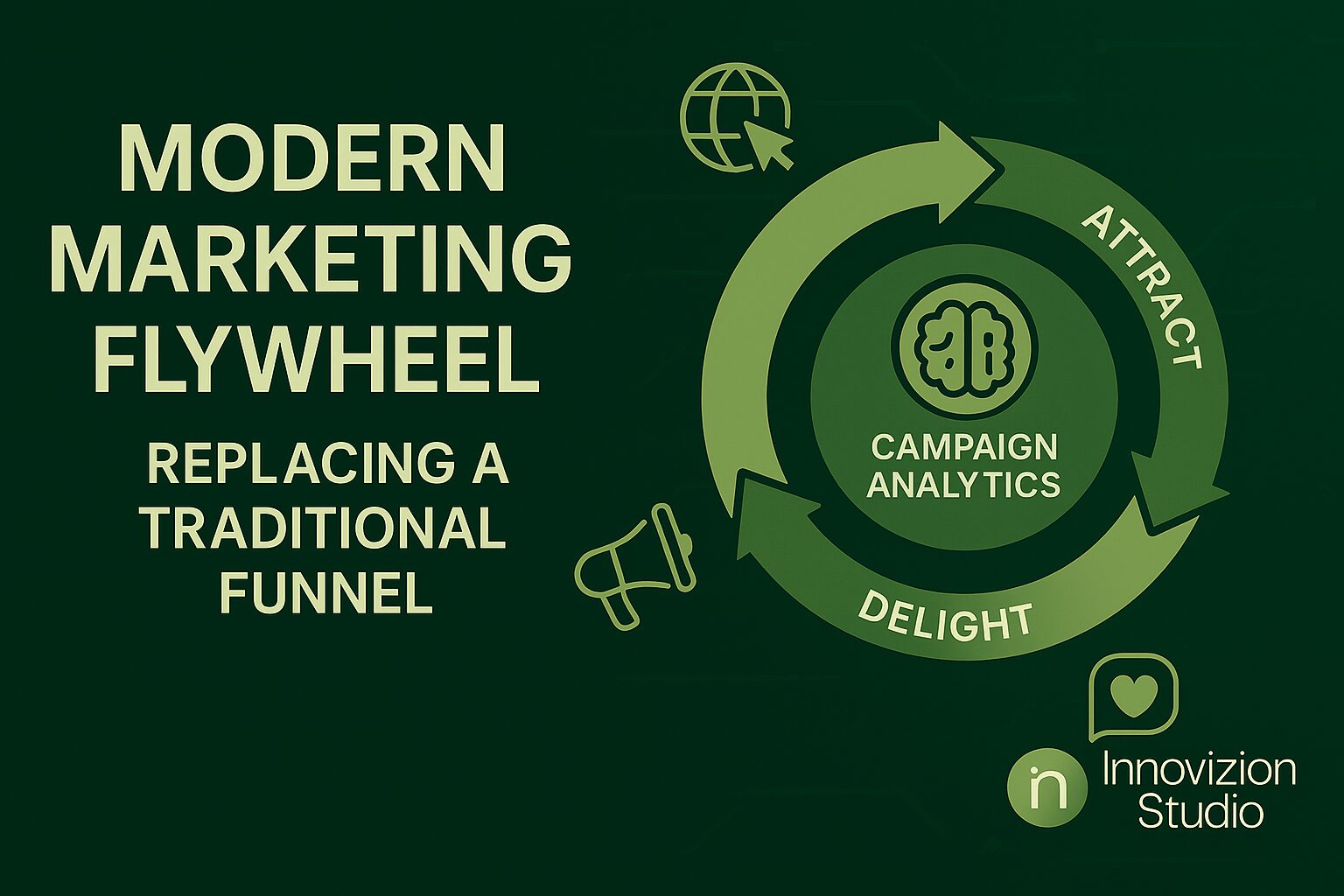Introduction
When it comes to launching or upgrading an online store in 2025, one of the most important decisions business owners face is choosing between Shopify Hydrogen vs Traditional Shopify 2025. This decision directly impacts your store’s performance, SEO rankings, scalability, and long-term user experience. With evolving technologies, increasing competition, and changing customer expectations, making the right choice has never been more critical.
For years, Traditional Shopify has powered millions of online stores globally. Using Liquid templates, pre-built themes, and an intuitive drag-and-drop editor, Traditional Shopify provides an easy-to-use solution for startups and small businesses. Many entrepreneurs in 2025 still prefer Traditional Shopify for its simplicity, affordability, and robust ecosystem of apps. It’s the go-to option for those who want a reliable, ready-to-use solution without deep technical knowledge.
On the other hand, Shopify Hydrogen 2025 is redefining how online storefronts are built. Hydrogen is a React-based, headless commerce framework designed for ultimate flexibility and lightning-fast performance. Unlike Traditional Shopify, which couples the frontend and backend, Hydrogen decouples them—allowing developers to build fully customized storefronts and leverage Shopify Oxygen for global edge hosting. This makes Hydrogen particularly appealing to larger businesses and enterprises looking for advanced scalability and unique customer experiences.
Why Choosing the Right Platform Matters
- Performance and SEO: The battle of Shopify Hydrogen vs Traditional Shopify 2025 largely centers on speed and SEO optimization, crucial for ranking higher on Google.
- Customization: Hydrogen allows complex, bespoke designs, while Traditional Shopify offers easier pre-made themes.
- Future Scalability: Businesses planning international expansion must consider long-term scalability.
- Cost and Maintenance: Understanding the cost implications of Hydrogen’s custom development versus Traditional Shopify’s simplicity is vital.
This comprehensive guide compares Shopify Hydrogen vs Traditional Shopify 2025 across all key aspects, including architecture, performance, SEO, customization, costs, case studies, and best practices. At Innovizion Studio, we help businesses build fast, SEO-optimized, and scalable Shopify solutions—whether you choose Hydrogen or Traditional Shopify.

1️⃣ Shopify Hydrogen vs Traditional Shopify 2025: Core Differences
The first major factor when evaluating Shopify Hydrogen vs Traditional Shopify 2025 is understanding their fundamental architecture.
Shopify Hydrogen (Headless Commerce)
- Built on React, enabling modern, app-like experiences.
- Headless architecture separates front-end and backend, allowing advanced customization.
- Uses server-side rendering (SSR) for speed and SEO benefits.
- Hosted on Shopify Oxygen, a globally distributed hosting platform.
- Ideal for enterprises needing unique, high-performance storefronts.
Traditional Shopify (Liquid Themes)
- Uses Liquid templating for building storefronts.
- Coupled architecture means the frontend and backend are tightly linked.
- Includes drag-and-drop editors, perfect for non-technical users.
- Thousands of themes and apps for quick store launches.
- Best for startups and small businesses looking for simplicity.
💡 Key Insight: In 2025, Hydrogen enables futuristic, highly customizable storefronts, while Traditional Shopify remains a cost-effective, fast-to-deploy solution.
2️⃣ Performance and SEO in Shopify Hydrogen vs Traditional Shopify 2025
When comparing Shopify Hydrogen vs Traditional Shopify 2025, performance and SEO play a pivotal role in store success.
Hydrogen Performance Advantages
- Server-side rendering ensures fast loading speeds.
- React-based components allow for smooth, dynamic interactions.
- Oxygen hosting boosts global delivery speeds.
- Better Core Web Vitals, leading to improved SEO rankings.
- Advanced control over structured data and SEO elements.
Traditional Shopify Performance
- Optimized themes and CDN provide good speed for small to mid-sized stores.
- Built-in SEO settings like meta titles and sitemaps.
- Apps can enhance SEO but add complexity.
- Limited scalability for very large catalogs.
🔗 External Resource: Google Web Vitals explains how page speed impacts search rankings.
💡 Verdict: Hydrogen wins for enterprises seeking fast, SEO-friendly websites, while Traditional Shopify handles smaller, simpler setups effectively.
3️⃣ Customization and Flexibility
Another deciding factor in Shopify Hydrogen vs Traditional Shopify 2025 is how much design freedom you need.
Hydrogen’s Advantages
- Fully customizable storefronts built with React.
- Tailor-made user experiences and checkout flows.
- Easy integration with APIs and third-party systems.
- Build Progressive Web Apps (PWAs) for an app-like shopping experience.
Traditional Shopify’s Approach
- Pre-built themes for quick setup.
- Drag-and-drop customization with minimal coding.
- Large app marketplace for added features.
- Limited deep customization compared to Hydrogen.
💡 Recommendation: Choose Hydrogen if you need bespoke storefronts. Stick to Traditional Shopify for ready-made designs and speed of deployment.
4️⃣ Cost, Maintenance, and Scalability
Hydrogen Cost Structure
- Higher upfront costs for custom React development.
- Requires skilled developers for maintenance.
- Hosting included via Oxygen but may need additional infrastructure.
- Better long-term ROI for large-scale businesses.
Traditional Shopify Cost Structure
- Lower startup costs with free or paid themes.
- Easy to manage without technical expertise.
- Scales well for small to mid-sized stores.
💡 Scalability: Hydrogen is designed for enterprise growth and complex catalogs, while Traditional Shopify suits businesses that want low-maintenance solutions.
5️⃣ Real-World Examples
Hydrogen Case Studies
- Allbirds: Migrated to Hydrogen to create a faster, globally scalable storefront, enhancing SEO and user engagement.
- Other fashion and tech brands leverage Hydrogen for highly interactive, personalized shopping.
Traditional Shopify Case Studies
- Thousands of small eCommerce stores thrive using Liquid themes and minimal technical setups.
- Popular among startups, dropshipping businesses, and local retailers.
💡 Both platforms succeed in 2025—choose based on business size and growth strategy.
6️⃣ Migration and Hybrid Approaches
Migrating to Hydrogen doesn’t need to be a complete switch. Hybrid strategies offer flexibility.
Hybrid Approach
- Build Hydrogen storefronts for high-priority pages.
- Keep Traditional Shopify for simpler product listings.
- Connect via Shopify Storefront API.
- Gradually migrate fully once ROI is evident.
💡 Hybrid setups let businesses experiment with Hydrogen without fully abandoning Traditional Shopify.
7️⃣ SEO Best Practices for Both Platforms
Regardless of your choice in Shopify Hydrogen vs Traditional Shopify 2025, SEO remains vital.
Hydrogen SEO Tips
- Use advanced schema markup for rich results.
- Optimize server-side rendering and Core Web Vitals.
- Create long-form, keyword-rich content.
- Implement international SEO for global reach.
Traditional Shopify SEO Tips
- Utilize built-in SEO settings and apps.
- Maintain clean URLs and meta descriptions.
- Compress images and enable lazy loading.
- Regularly monitor site health via Google Search Console.
💡 SEO Advantage: Hydrogen provides greater control and future-proofing, while Traditional Shopify offers a simpler, app-based approach.
8️⃣ Decision Framework for Shopify Hydrogen vs Traditional Shopify 2025
✅ Choose Traditional Shopify if:
- You want low-cost, quick deployment.
- Limited technical resources are available.
- A small to mid-sized catalog fits your needs.
✅ Choose Hydrogen if:
- You need enterprise-level scalability.
- You want custom, immersive shopping experiences.
- Skilled React developers are available.
💡 Many businesses start on Traditional Shopify and upgrade to Hydrogen as they scale.
Conclusion
Choosing between Shopify Hydrogen vs Traditional Shopify 2025 is a crucial decision for any online business. Hydrogen empowers brands with flexibility, advanced SEO capabilities, and enterprise-level scalability, while Traditional Shopify remains a simple, cost-effective option for smaller businesses.
At Innovizion Studio, we specialize in helping businesses navigate this decision and build high-performance, SEO-optimized Shopify stores. Whether you want to fully adopt Hydrogen or enhance a Liquid theme, we create solutions tailored to your growth strategy.
Future-proof your eCommerce business today—let’s build a storefront that combines speed, SEO power, and exceptional user experience.





